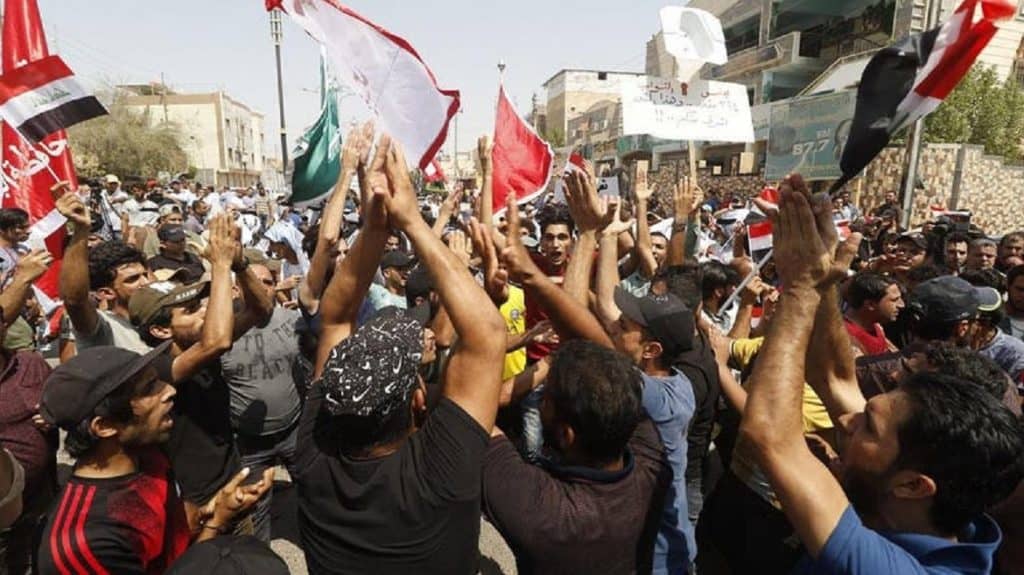By Denis Korkodinov
Currently, the Arab world is undergoing a structural crisis in relations between the state and society. And, apparently, the crisis will develop exponentially, covering all countries and continents.
It is worth noting that a constructive dialogue between the government and society on a global scale began to develop actively since the 1980s.
However, already at the beginning of the second decade of the XXI century, as a result of the “Arab spring”, relations between the state and society began to rapidly collapse, which led to a protracted crisis, a natural manifestation of which is the protest movement.
By far, the most illustrative example in this regard are the Arab states. This is due to the fact that dialogue between the state and society was never presented in its purest form, but combined the traditional Middle Eastern realities, based primarily on religious values and tribal ties.
Actually, if we are talking about the Arab world, then here the states as such have an exclusively nominal designation, since here, as a rule, state identification plays a secondary role. The borders between countries are blurred, since the main consolidating element here is a tribe or clan, which can be concentrated within several states at once.
These tribes or clans almost completely replace state institutions: as a rule, they have a clear territory where it is difficult for strangers to take root, and, with rare exceptions, their own armed formations that protect them from external interventions and from internal social upheavals.
In addition, these tribal groups regard their own territory as private property, even if it is under the jurisdiction of the central state apparatus. For this reason, the state’s attempts to implement neoliberal reforms in these territories always end extremely unsuccessfully, because the tribes are quite jealous of everything that comes from the central government.
To a certain extent, this became a brake on the development and disruption of dialogue, since tribal groups are not ready to recognize the primacy of the state, and the state cannot carry out reforms without reliance on tribal groups. The result is an extremely weak urban infrastructure and a low level of social protection. But the most important thing is that due to the inertia of tribal groups and unions, the influence of the state on the ground is practically not felt, which actually leads to paralysis of the central government.
Based on this, it is logical to conclude that the structural crisis in the Arab world is permanent. The situation can be changed only through the fundamental transformation of the entire system of government and society. However, this is fraught with powerful emissions of protest energy, which is now clearly demonstrated in Algeria, Lebanon, Iraq and Iran.
(The opinions expressed in this article are solely those of the author and do not necessarily reflect the views of World Geostrategic Insights)







